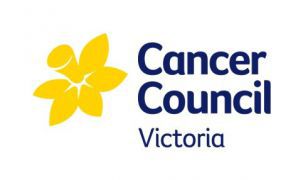Hormone support studied
 A long-term study updates the understanding of hormone therapy for postmenopausal women.
A long-term study updates the understanding of hormone therapy for postmenopausal women.
The Women’s Health Initiative (WHI), a major clinical study involving over 160,000 postmenopausal women aged 50 to 79 at enrollment, has provided valuable insights into the effects of menopausal hormone therapy, dietary patterns, and supplements over a period of up to 20 years.
The WHI trials, which began in 1993, primarily assessed the outcomes of hormone therapy with oral conjugated equine estrogens, either alone or in combination with medroxyprogesterone acetate, especially concerning the prevention of chronic diseases such as cardiovascular disease and dementia.
The study found these hormone treatments ineffective in preventing such conditions.
However, the treatments have proven effective in addressing moderate to severe menopausal symptoms such as hot flushes and night sweats, particularly in women who began treatment before the age of 60 and without contraindications to hormone therapy.
The recent follow-up suggests that earlier concerns from a 2002 study about the safety of menopause hormones, which led to a dramatic reduction in their use, were perhaps overstated.
“Women in early menopause with bothersome symptoms should not be afraid to take hormone therapy to treat them, and clinicians should not be afraid to prescribe them,” says JoAnn Manson, chief of the division of preventive medicine at Brigham and Women’s Hospital and the paper’s first author.
In addition to hormone therapy, the WHI explored the impact of dietary changes and supplements.
It found that a low-fat diet high in fruits, vegetables, and grains did not significantly reduce the risk of breast or colorectal cancer, although it was associated with a lower rate of breast cancer mortality during the follow-up period.
Similarly, routine calcium and vitamin D supplementation was not recommended for all postmenopausal women for fracture prevention, except for those who did not meet the recommended dietary intakes.
The study also clarified that hormone therapy does not increase overall mortality rates and that the risks, such as those of stroke or breast cancer, varied with the type of hormone used and individual patient factors.
For younger women, the risks are generally lower, and the benefits for symptom management can be significant.
As research continues, particularly into the dietary influences on long-term health outcomes, postmenopausal women are encouraged to consult healthcare providers to make informed decisions about hormone therapy and lifestyle changes.







 Print
Print


